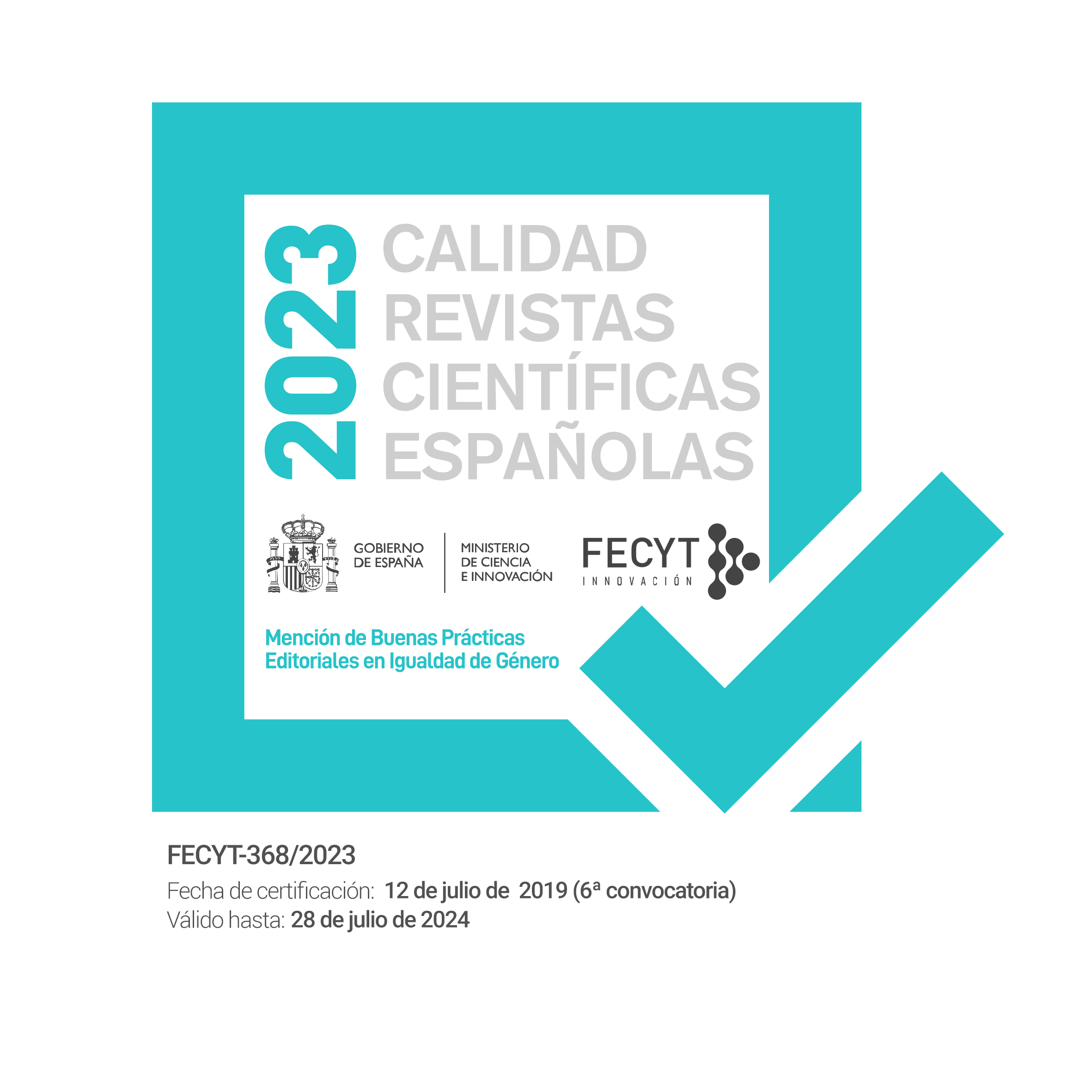Contesting identities : Representing British South Asians in Damien O'Donnell's "East is East"
DOI:
https://doi.org/10.18172/jes.150Keywords:
Identity, multiculturalism, hybridity, questioning of stereotypes, representation, EnglishnessAbstract
The presence of Asian in Great Britain has added a new perspective to debates about notions such as ‘identity’, ‘multiculturalism’ and ‘Englishness’. East is East (Damien O’Donnell, 1999) explores the culture clash that occurs in the context of a half Pakistani and half British family living in early 1970’s Salford. Through its representation of an atypical family the film’s emphasis lies most conspicuously on its portrayal of the beginnings of contemporary multi-ethnic and multicultural British society. This way, the film highlights issues of cultural diversity, difference and hybridity while also raising questions about identity, belonging and the concept of Englishness. The aim of this essay will therefore be to examine how Daniel O’Donnell’s film East is East explores the paradoxical nature of “identities” inevitably swaying in between two cultures by looking at the diverse discourses on identity and how they have been constructed.Downloads
References
Althusser, L. 1971. Lenin and Philosophy and Other Essays. London: New Left Books.
Bergson, H. 1981 (1900). “From Laughter”. Comedy: Meaning and Form. Ed. R. Corrigan. New York, Cambridge, Hagerstown, Philadelphia, San Francisco, London, Mexico City, Sào Paulo, Sydney: Harper and Row Publishers. 328-332.
Brah, A. 1996. Cartographies of Diaspora. London: Routledge.
Corrigan, R., ed. 1981. Comedy: Meaning and Form. New York, Cambridge, Hagerstown, Philadelphia, San Francisco, London, Mexico City, Sáo Paulo, Sydney: Harper and Row Publishers.
Freud, S. 1959 (1905). Jokes and Their Relation to the Unconscious. London: Hogarth Press and Institute of Psychoanalysis. Trans. James Strachey.
Hall, S. 1990. “Cultural identity and Diaspora”. Identity, Community, Culture, Difference. Ed. J. Rutherford. London: Lawrence and Wishart. 222-237.
Jenkins, R. 2000. Social Identity. London: Routledge.
Julien, I. and K. Mercer. 1988. “De Margin and de Centre”. Screen 29 (4): 2-10.
Khan-Din, A. 1999. East is East. London: Film Four Books.
Malik, S. 2000. “East is East”. Black Film Bulletin 7 (4): 20-21.
Nelson, T. G. A. 1990. Comedy: Theory of Comedy in Literature, Drama and Cinema. Oxford: Oxford University Press.
Nobil, A. Winter 1999/2000. “Is East… East?”. Third Text 49: 105-107.
Rutherford, J., ed. 1990. Identity, Community, Culture, Difference. London: Lawrence and Wishart.
Weedon, C. 2004. Identity and Culture: Narratives of Difference and Belonging. Maidenhead: Open University Press.
Woodward, K., ed. 1997. Identity and Difference. London: Sage.
Woodward, K. 2000. Questioning Identity: Gender, Class, Nation. London: Routledge.
Downloads
Published
How to Cite
Issue
Section
License
The authors retain copyright of articles and authorize Journal of English Studies the first publication. They are free to share, redistribute, and/or reprint the article without obtaining permission from the publisher as long as they give appropriate credit to the editor and the journal.
Self-archiving is allowed too. In fact, it is recommendable to deposit a PDF version of the paper in academic and/or institutional repositories.
It is recommended to include the DOI number.
This journal is licensed under a Creative Commons Attribution 4.0 International License










